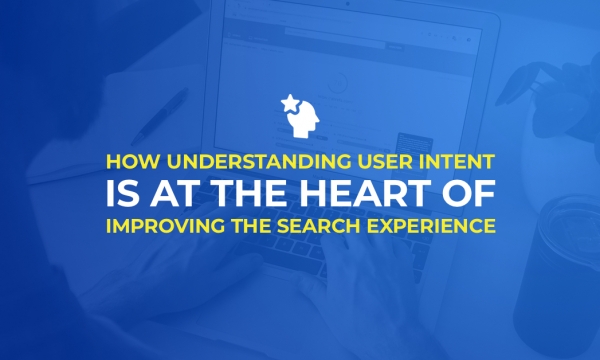Google quietly introduced the update for travel results on mobile last week and now, travel related keyword phrases return a much larger amount of Google-owned content. These results include photos, hotel reviews, flight fare comparisons, maps, city guides and weather data.




The effect is that it has pushed all non-Google content much further down the search results. That puts brand websites at a risk of much lower traffic for organic search.
Whilst Google has promoted its own content in this sector for some time, particularly through the promotion of flight comparisons, local reviews and mapping data, but this development has essentially brought those separate elements into one, single view travel guide.
This update is reflective of a very clear trend at Google, which is increasingly trying to serve a resolution to a user query immediately, by promoting its own content and services ahead of third party platforms. This, importantly, keeps the user on Google’s own properties.
What sectors does this affect?
There has been an ongoing trend across a number of search markets for Google to push its own search solutions, ahead of those from brand websites.
Financial services is one such sector, and Google now provides a series of calculators and price comparison services that not only competes for traffic from the established retail brands, but also the main price comparison websites.
We are now seeing Google deliver its own comparison engines for products such as credit cards, car insurance and mortgages, with the later also delivering an embedded calculator.



Our recent Consumer Finance Sector Report looked at the impact that these developments have had on the financial search market.

It seems inevitable that these types of search results will develop into other sectors. With the prominence of local search, the model works particularly well for products and services that tend to remain relatively static irrespective of regional variations (a credit card would not tend to vary in its nature depending on the customer’s location), and products or services that have a relatively small number of variable factors in their delivery to the consumer.
The service also works well for products that are regularly compared side by side. Google’s comparison engines currently apply to financial and travel products, but it could very easily apply to utilities, such as broadband, energy and subscription television, and any other industry where comparison websites have muscled into the market.
So what is the impact?
The prominence of Google’s financial comparison tools have the potential to severely impact the levels of traffic enjoyed by retail brands and competing aggregators.
Using our Market Defender tool, we have been able to track the impact of these search updates in the financial services sector, and there are some notable changes.
Using the credit cards market as an example, we have noted a pronounced reduction in the click-through rate of paid ads on one campaign since the introduction of a sponsored placement for Google’s own credit card comparison tool.

Prior to the introduction of the Google credit card comparison ad in December 2015, this campaign experienced click-through rates of approximately 2.85%. However, since the introduction of the comparison tool, this has dropped to just 0.62%, with Google’s own sponsored credit card comparison tool.
Admittedly, this is just one anecdotal example but, in similar market conditions, a similar ad budget and a similar strategy, the impact is noteworthy. The question facing many brands now will be how to counter this approach, and it may be that they opt to increase ad spends, absorb higher CPCs and reduce margin to compensate.
Hasn’t Google already been criticised for this?
Google has received criticism from various quarters in the past for the way in which it promotes its own content.
The search engine is currently the subject of an EU investigation, which is looking at whether it is abusing its position by pushing down competitor search results as a tactic to (amongst other things) promote its paid advertising services. It has been suggested that the EU could force Google to separate its paid and organic services, although it will be some time before any such conclusion will be reached.
In the travel sector specifically, both TripAdvisor and Yelp accused Google of ‘burying’ its search results back in November by favouring its own hotel and restaurant reviews over those from the Yelp and TripAdvisor communities. Google dismissed the claims, blaming an algorithm update for the anomaly.
So this is coming to everyone?
But there is no doubting that there is a growing trend here for Google to see itself as a ‘one-stop’ shop for user queries – and that is indeed something that many casual users will appreciate, particularly on mobile search where results can still be somewhat cumbersome. Whilst public objections and political pressure from certain quarters, and the threat of regulatory change from the EU may stem the flow to a degree, brands in those vulnerable sectors would be prudent to prepare for increased competition for their organic traffic.



